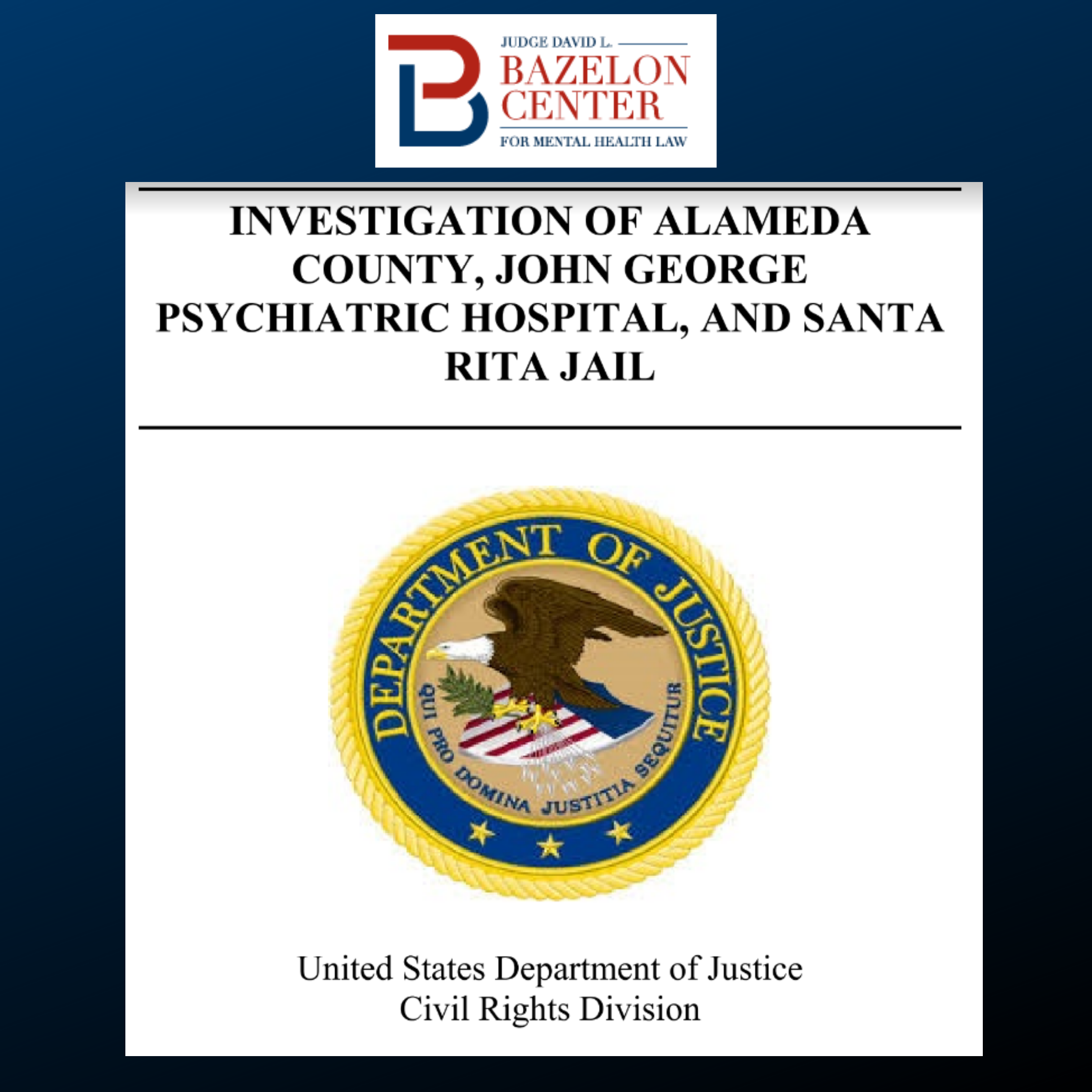Main Menu
Employment helps all people, including people with mental illnesses, live independently, build personal relationships, and be involved in their communities. Unemployment contributes to low self-esteem, isolation, and hopelessness.
Supported employment helps people with serious mental illnesses achieve and maintain competitive employment. Supported employment programs help individuals find a job in an integrated setting that pays a competitive salary. Job training, where necessary, happens on the job, not before the individual seeks work. Services – including help with applications, social skills training, transportation, benefits counseling, and job coaching – and the job itself are based on the individual’s choices and interests. Services are provided as long as needed and change according to the individual’s changing needs.
Bar Exam Resources for Law Students and Graduates
Discrimination makes it difficult for people with mental illnesses to find and keep a job. The Americans with Disabilities Act outlaws discrimination in employment and requires employers to modify jobs and workplaces (“accommodations”) in ways that help someone with a mental illness successfully perform their job. Required accommodations include a leave of absence, a modified or part-time work schedule, modifying a conduct or attendance policy, job restructuring, job coaching, working from home, environmental changes, and reassignment to a vacant position.
The Bazelon Center fights employment discrimination and works to ensure that employers provide the accommodations to which people with mental illnesses are guaranteed. For those whose mental illness presents a significant barrier to employment, we also advocate for supported employment.
The Bazelon Center seeks a reallocation of this funding — and an end to workplace discrimination — so that people with mental illnesses can be fully and meaningfully employed.

A combat veteran’s offer of conditional employment to the U.S. Marshals Service was revoked after the service discovered he had been diagnosed with PTSD five years prior–despite the fact that by the time of his application, his evaluating psychologist determined that his symptoms no longer met criteria for the disorder. The revocation was later affirmed by the U.S. Department of Justice. The Bazelon Center then filed an appeal with the EEOC, arguing that this action violated the Rehabilitation Act.

The Bazelon Center filed this administrative complaint with the Disability Rights Section of the U.S. Department of Justice Civil Rights Division on behalf of a young attorney granted a “conditional admission” to practice law in Louisiana because of her mental health diagnosis. Conditional admissions have become a vehicle for imposing onerous and discriminatory conditions on people with mental illnesses who seek admission to the Bar.
Read more about Louisiana Bar Conditional Admissions »
Focusing on employment-related cases that can set new precedents guaranteeing employment rights for people with mental disabilities. Focusing on educating policy makers and employers, and influencing final regulations designed to increase the hiring of people with disabilities by the federal government and federal contractors.
Focusing on educating policy makers and employers through new research-based publications.
Promoting effective implementation of regulations under Section 501 of the Rehabilitation Act requiring affirmative action by federal government agencies in employing people with disabilities, and Section 503 of the Rehabilitation Act requiring affirmative action by large federal contractors in employing people with disabilities.
Webinar Description: Individual Placement and Support (IPS) Supported Employment is a widely known and extensively studied evidence-based practice that helps people with serious mental illness get and keep jobs. Speakers will provide a brief overview of Supported Employment services; how to create a culture of recovery and employment within existing employment support systems; provide an overview of Thinking Skills for Work Program (a set of cognitive enhancement services that can improve outcomes for people who are not responding to traditional IPS); and strategies for successfully navigating the Vocational Rehabilitation (VR) process to achieve employment for individuals with serious mental illness.
Presenters:
© 2016-Present Bazelon Center. All rights reserved.